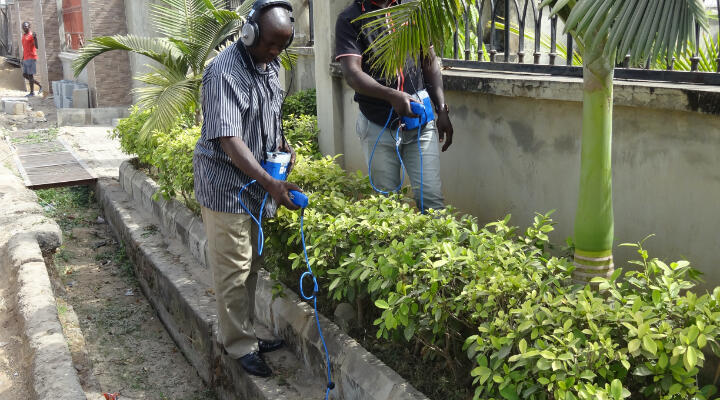
Menu
Menu

Non-revenue water (NRW) as a key performance indicator in water supply services is defined as “water which is produced and distributed, but lost at the pipes or water meters before delivering to the people and cannot be billed”. (NRW = distributed water – revenue water) It includes water loss by leakages from pipelines, failure of water meters, and illegal connections. The NRW ratio (proportion of NRW to distributed water) in Japan is 10% while those in African countries it is 40 to 50%. This translates to huge economic loss. The Federal Capital Territory Water Board (FCTWB), which is in charge of water supply in Nigeria’s capital city of Abuja and the counterpart for the Project, faced various challenges due to the lack of knowledge and skills in planning and implementation of NRW reduction as reflected in the city’s high NRW ratio at 40%.
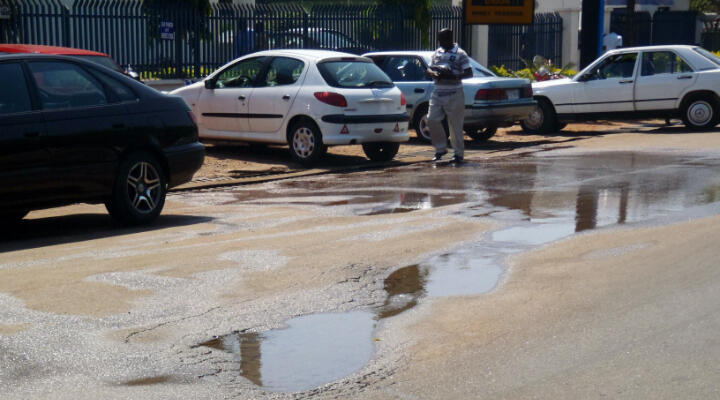
Water leaks in the street
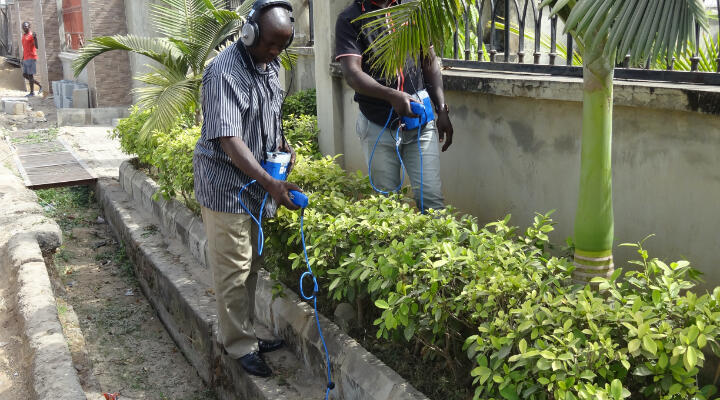
Leakage Detection
The following three points were achieved in the Project:
1) Flow meters were installed at the pipes near the outlet of water treatment plants and major distribution reservoirs, and NRW monitoring was realized by improving the existing billing system such that it is easier to grasp revenue water.
2) Demonstration projects on NRW countermeasures were conducted in three districts (Gudu, Jabi and Garki-I) such as data collection and organization of pipelines/GIS and customers, pre-measurement and pre-calculation of baseline indicators, NRW reduction activities (leak detection, repair, meter installation/replacement, disconnection of illegal connections), post-measurement and post-calculation of indicators and evaluation of NRW countermeasures.
3) Based on the financial analysis in consideration of sustainability and the future independence, the medium-term strategic plan was formulated and approved while ensuring the initiative of FCTWB.
In these process, we contributed to the capacity development of FCTWB as an organization and its related personnel.
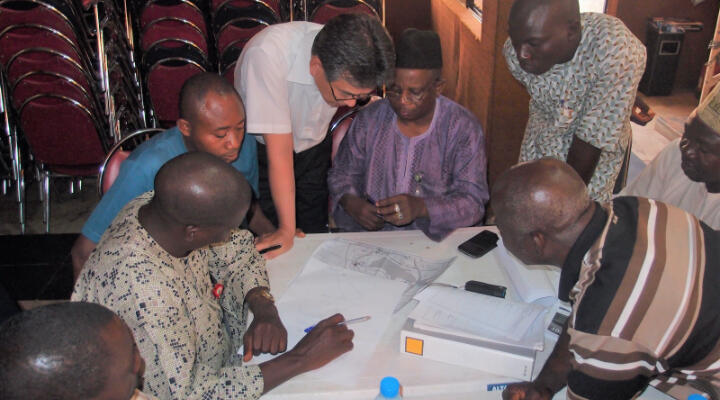
Capacity Development on NRW Reduction
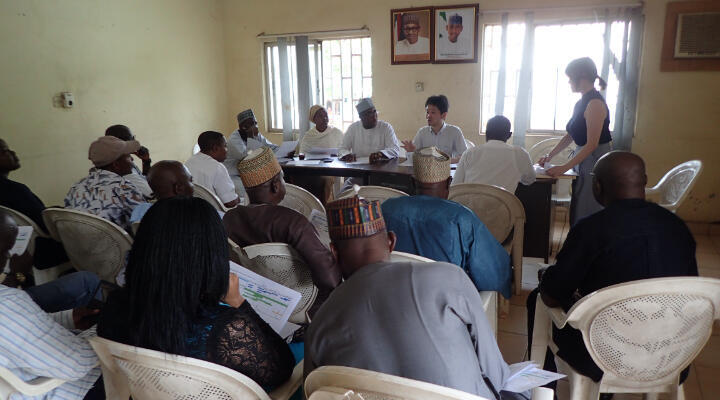
Planning with Counterparts
Project Details